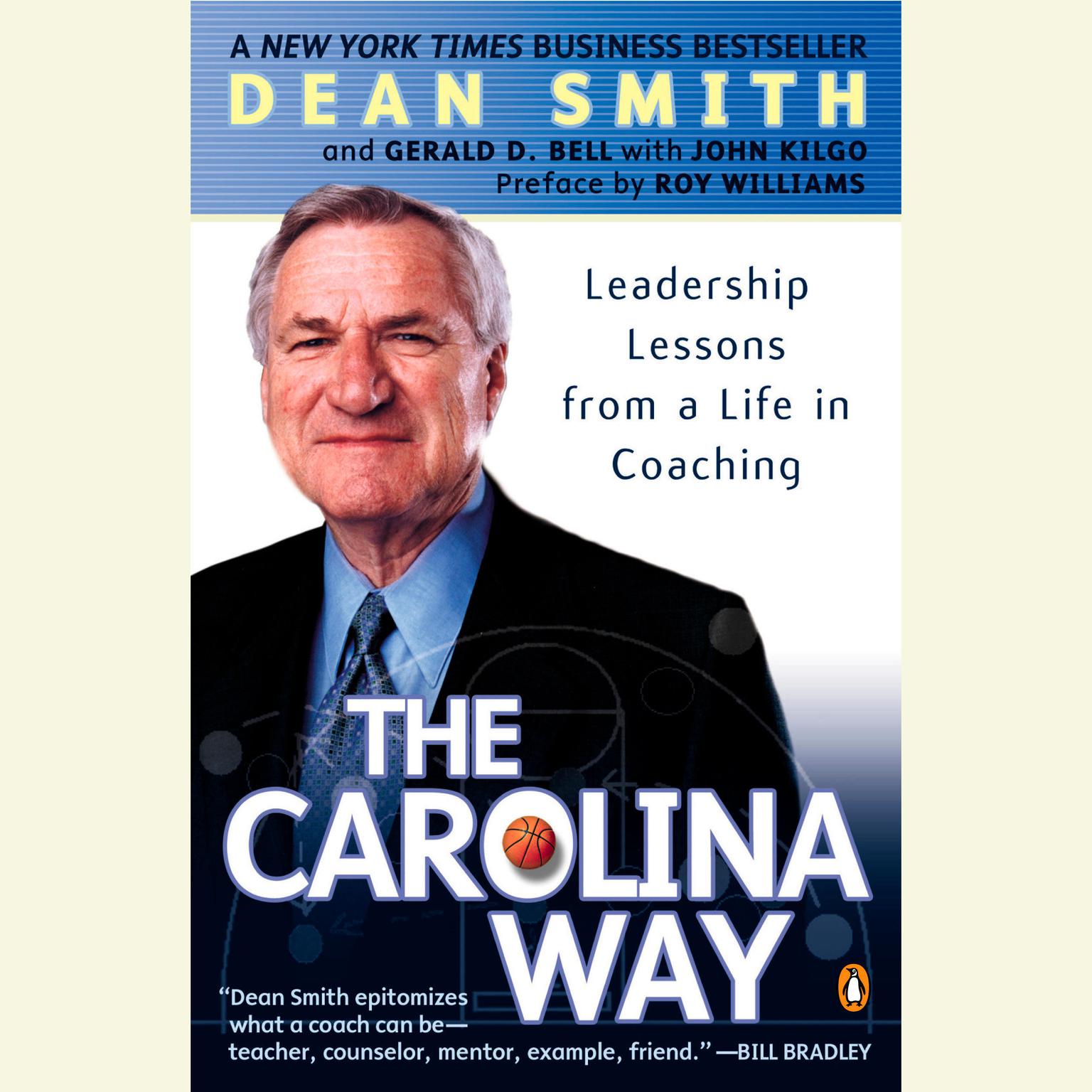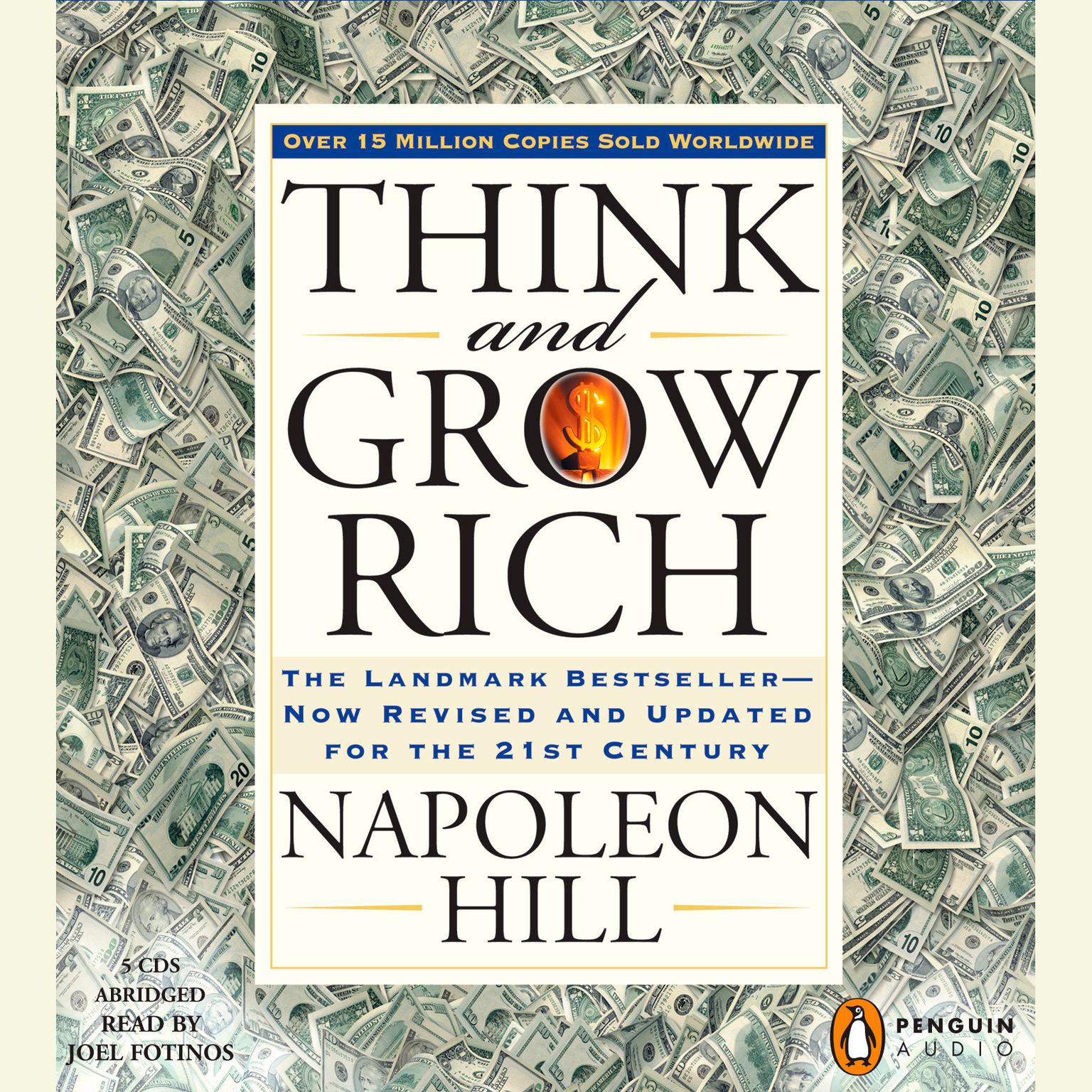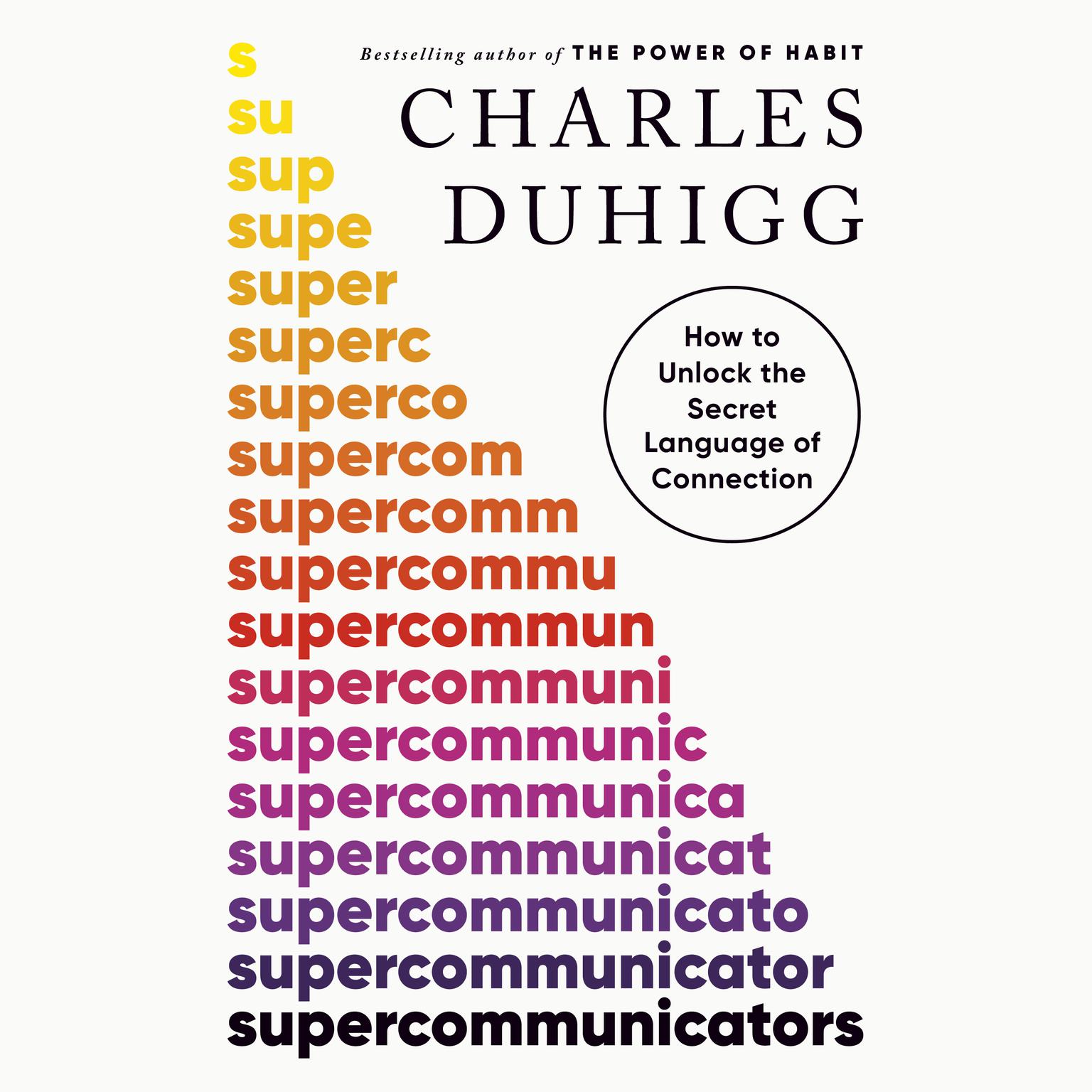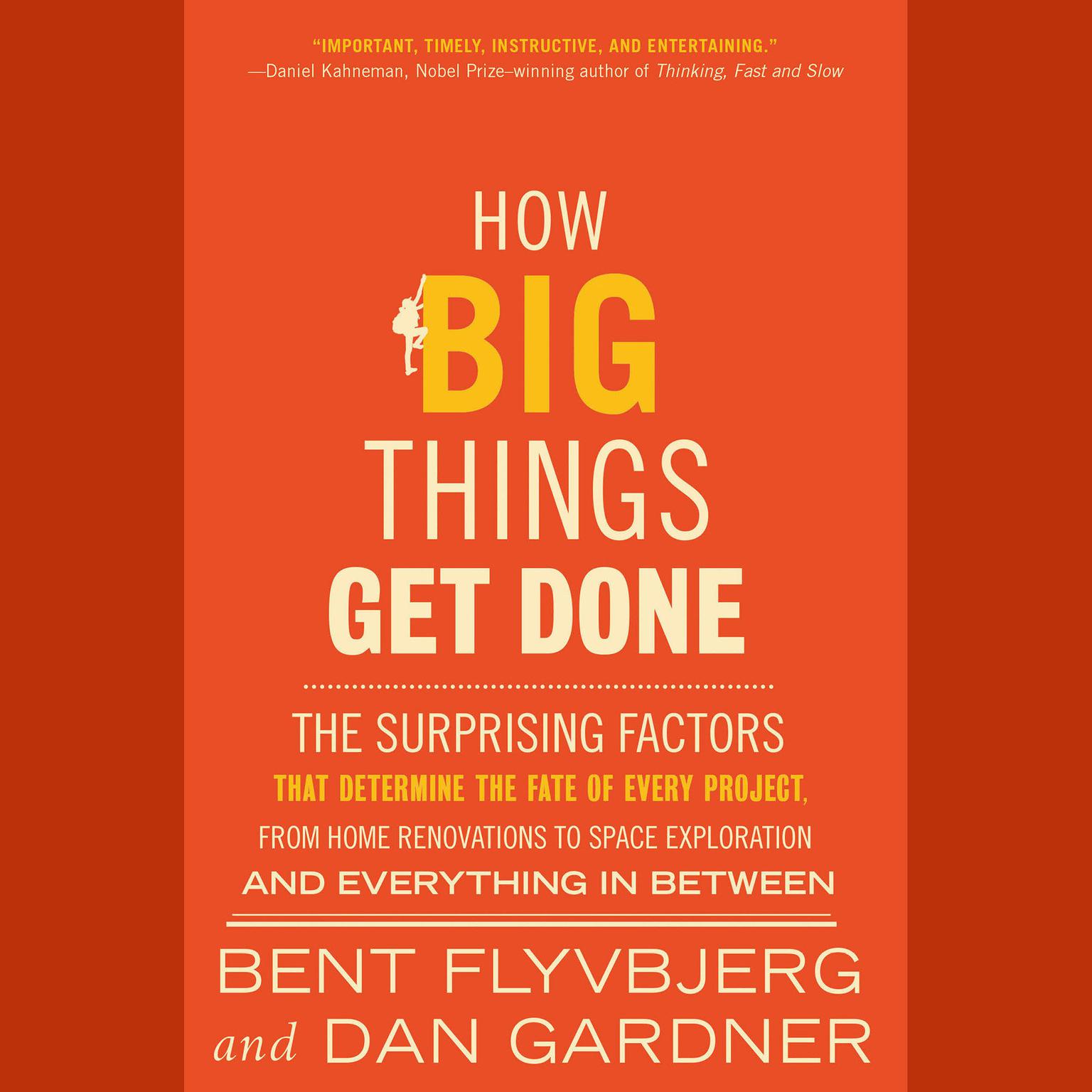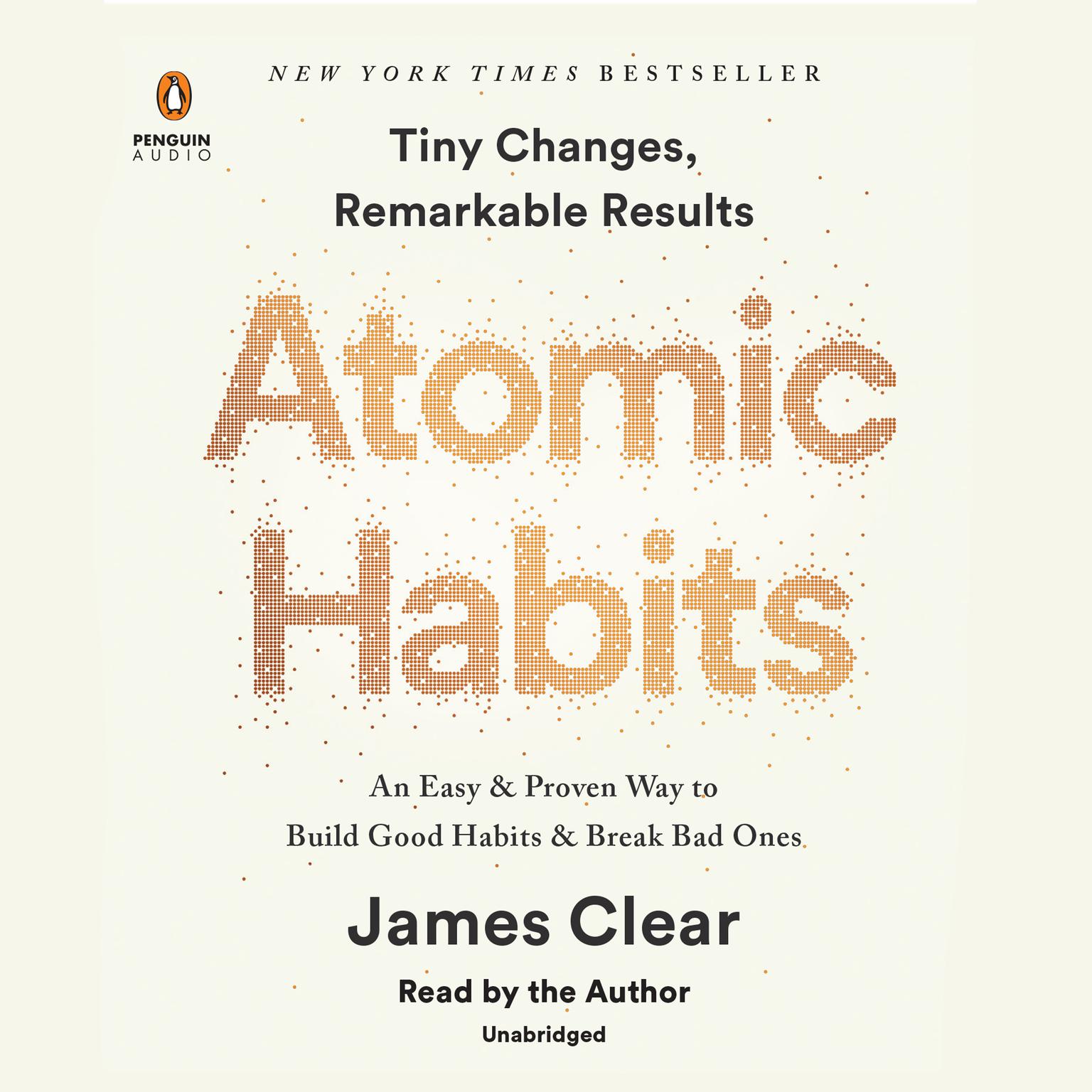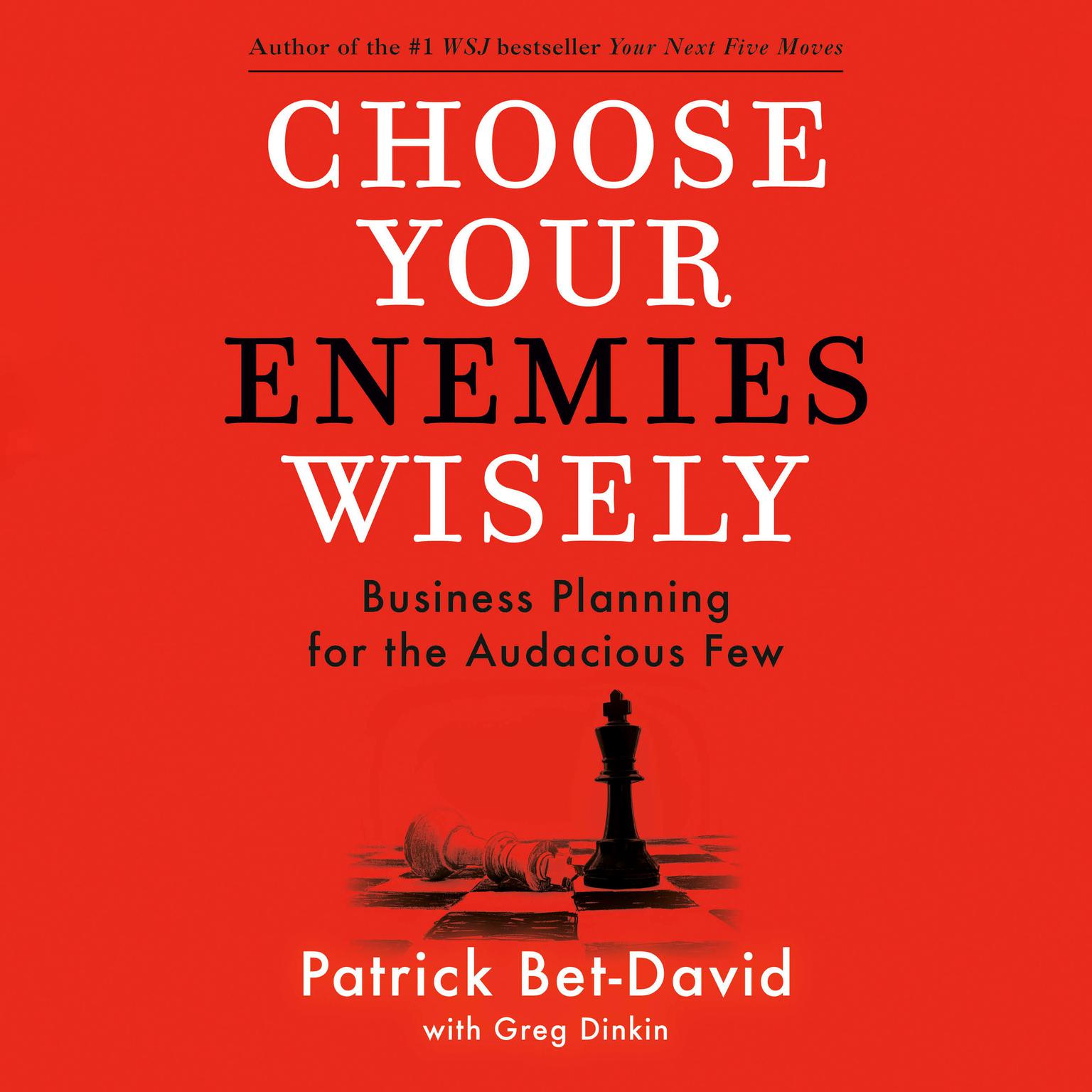Publisher Description
In this fascinating book, New Yorker business columnist James Surowiecki explores a deceptively simple idea: Large groups of people are smarter than an elite few, no matter how brilliant–better at solving problems, fostering innovation, coming to wise decisions, even predicting the future. With boundless erudition and in delightfully clear prose, Surowiecki ranges across fields as diverse as popular culture, psychology, ant biology, behavioral economics, artificial intelligence, military history, and politics to show how this simple idea offers important lessons for how we live our lives, select our leaders, run our companies, and think about our world.
Download and start listening now!
“A conceptually very interesting book, well-researched and fluidly written. Some egs from behavioural finance will be familiar to anyone who read broadly in that field, but Suriowecki doesn’t get to those till deep in, and the early egs are extremely broad-ranging and fascinating — from locating lost submarines, to internal markets at corporations, gambling, the failure of intelligence agencies to foresee 9/11, bean counting, etc, etc — is there no end to the questions we could potentially solve better with groups? Interesting too is the classification of problems into cognition, coordination and cooperation types. The challenge, though, is to identify why, despite all the evidence, there appear to be so many situations under which groups and crowds do not make good decisions. Here I felt it could have been more analytical – he does touch on the conditions necessary for a group to make a good decision (i) diversity (ii) decentralised and localised knowledge (iii) independence of thought (iv) ability to aggregate the diverse info and (I add) mechanism for decision-makers to take account of that aggregated info in making a decision; but more could have been written on where and why these so often fail, and where a different decision-making structure might fit better. But then that would be a business mgmt book, and this is after all straightforwardly a powerful argument for a powerful idea.”
—
Matthew (4 out of 5 stars)

